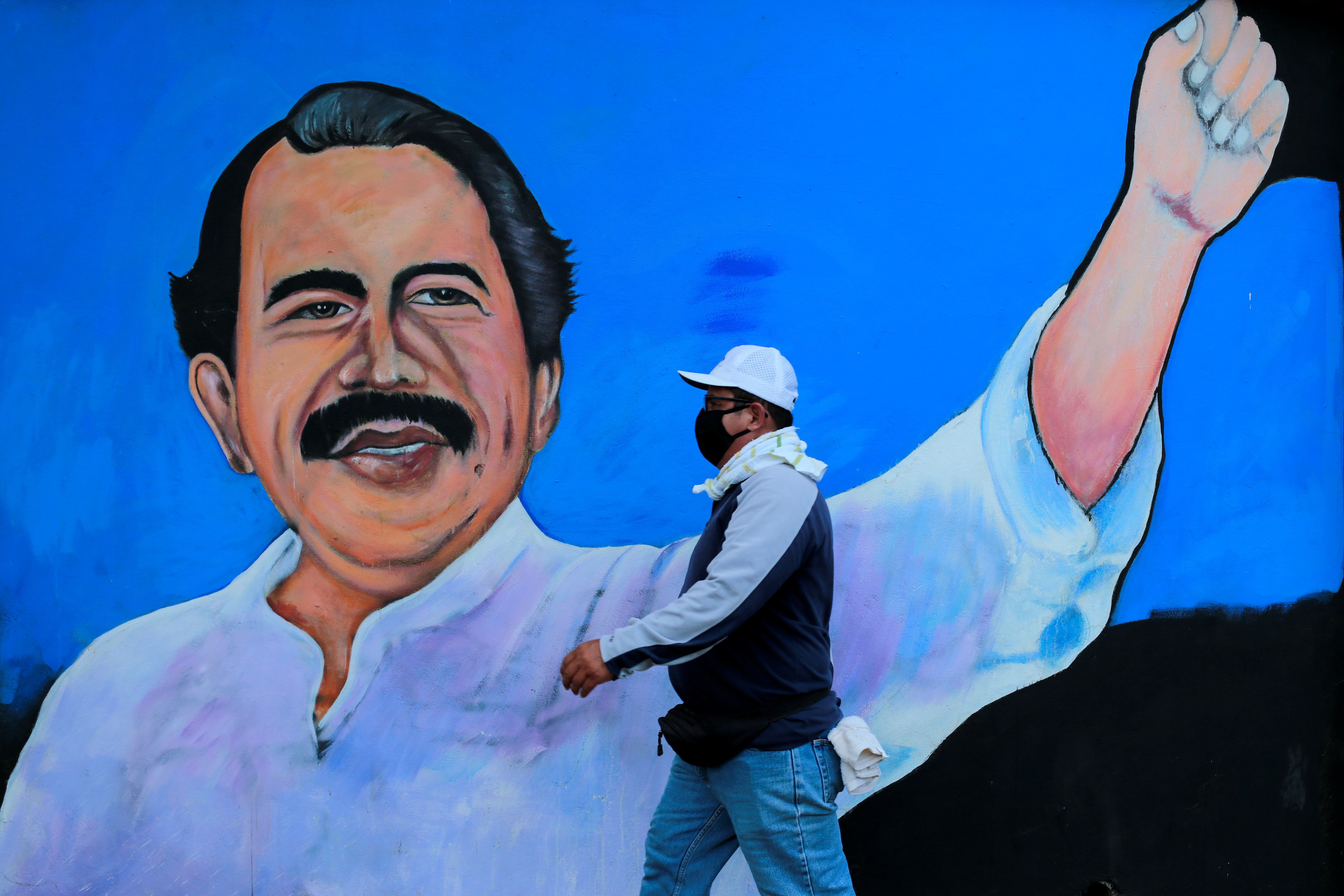Hard Numbers: Nicaragua’s (unofficial) COVID death toll, economic pessimism, social media infodemic, pandemic "denialists"
2,707: Nicaragua's (unofficial) COVID-19 death toll has risen to 2,707, according to the Citizen Observatory, an independent body that disputes the official government figure of only 137 fatalities. Daniel Ortega — the country's authoritarian populist president and one of very few world leaders who initially refused to impose a lockdown — has been widely criticized for his handling of the pandemic.
67: A median 67 percent of people in 14 industrialized economies (mostly) governed by establishment leaders in Asia, Europe and North America believe the economic situation in their countries will be worse a year from now, according to a new Pew Research poll. South Koreans are the most concerned, while Danes and Swedes are the least worried about next year's economic outlook.
2,311: Researchers from Bangladesh, Australia, Thailand, and Japan identified a total of 2,311 reports of COVID-19 misinformation on social media between December 31 and April 5. Examples include conspiracy theories about the coronavirus contaminating poultry eggs, as well as that COVID-19 is a bioweapon created by Bill Gates to boost vaccine sales.
12: Although populist leaders are widely perceived to have downplayed the threat of the coronavirus, a new report by the Tony Blair Institute for Global Change argues that twelve out of 19 leaders identified as "populist" actually took the pandemic seriously, although some later reacted with illiberal policies. Those classified as "denialists" are the leaders of Belarus, Brazil, Mexico, Nicaragua, and the US.
